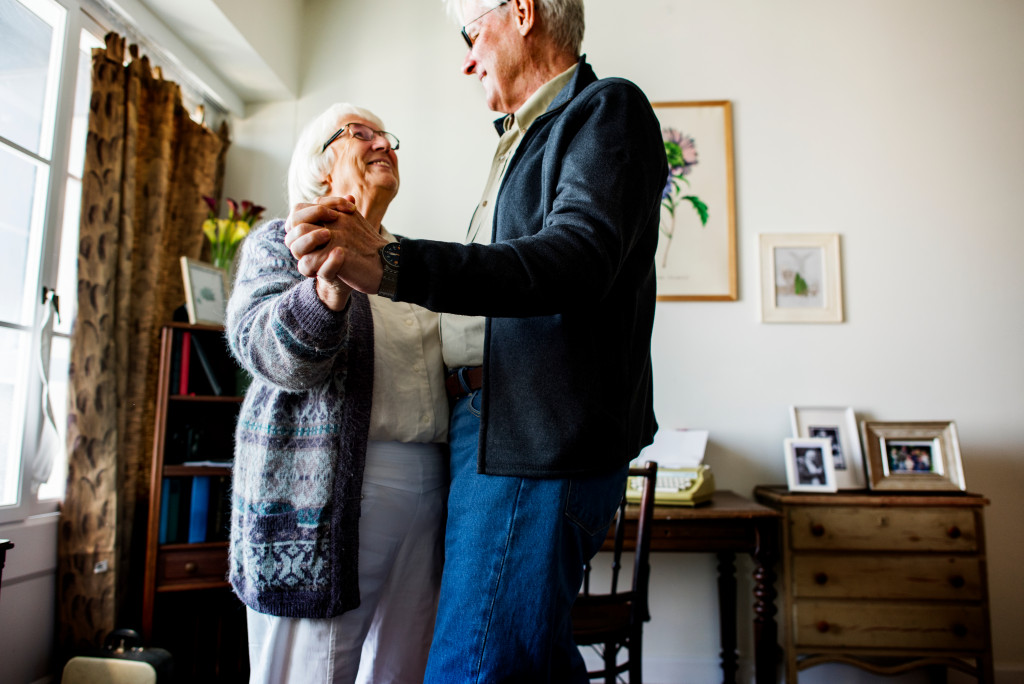Every year, America’s population of elders grows. The number of people over 65 is expected to almost double by 2060. One in five Americans will be 65 or older. That has come with a significant uptick in elderly care services for the patients and their caregivers and families.
Many types of caregiving require patience and understanding from both parties and specialized knowledge on how to provide proper care without compromising one’s safety or mental health. As most elderly prefer to age in their own homes with their families, family members must learn how to act as caregivers.
Here are some of the best practices that every caregiver should know before taking on this role to better prepare themselves for what lies ahead. These cover the care for the elderly who are ill but mobile up to those who are bedridden and may need additional care for a hospice nurse.
Best Practices in Caring for Ill Elderly Parents at Home
1. Help the elderly stay physically active at home.
There are many physical activities that you can do at home that will help keep your elderly parent mobile and aid in their recovery. These activities can range from doing simple exercises with them to going on walks together.
2. Get organized and make a plan.
Caregiving can be overwhelming, so it’s essential to get organized and have a plan. That will help you stay on top of things and avoid getting overwhelmed.
3. Keep communication open.
Open communication is key when caring for an ill elderly parent. Be sure to talk about their care needs and what they are comfortable with. That will help ensure that everyone is on the same page and avoid misunderstandings.
4. Be patient.
Caring for an ill elderly parent can be challenging, so it’s essential to be patient. That is a difficult time for both of you, so try to be understanding and take things one day at a time.
5. Learn as much as you can about their illness.
It’s essential to learn as much as you can about your parent’s illness to understand their needs and how to care for them. This information can also help you feel more prepared and in control.
6. Seek out support.
Caring for an ill elderly parent can be isolating, so it’s important to seek support. Many caregiving resources are available, so don’t hesitate to reach out for help when you need it.
7. Make sure they see their doctor regularly.

It’s essential to make sure that your parent sees their doctor regularly so that their illness can be managed and treated correctly. Be sure to keep track of their appointments and medications.
8. Have a backup plan.
Things don’t always go as planned, so it’s essential to have a backup plan in place. That could include having someone else you can rely on for help or making arrangements for alternative care if needed.
9. Take care of yourself.
Caring for an ill elderly parent can be taxing, both physically and emotionally. It’s important to take care of yourself so that you can be the best caregiver possible. This includes getting enough rest, eating well, and exercising.
10. Seek out respite care.
Asking for help is not a sign of weakness, so don’t be afraid to do it when needed. Respite care can be a lifesaver for caregivers, so don’t hesitate to seek it out. This temporary break from caregiving can give you the chance to recharge and come back refreshed.
11. Be prepared for tough days.
There will be tough days, so it’s important to be prepared for them. This could include having a support system in place or taking some time for yourself when things get overwhelming.
12. Find a support group.
Joining a support group can be a great way to connect with other caregivers and get much-needed support. This can be an invaluable resource, especially on tough days.
13. Make time for yourself.
It’s important to make time for yourself, even if it’s just a few minutes each day. This can help you avoid caregiver burnout and maintain your own mental and physical health.
14. Prepare for the need for palliative care.
When your ill parent becomes bedridden and needs constant medical attention and palliative care, you cannot do this by yourself. You must seek hospice home care.
15. Stay positive.
Caring for an ill elderly parent can be challenging, but it’s important to stay positive. This positive attitude can make all the difference in both your own well-being and your parent’s recovery.
Treasure the Moments with Your Loved One
Caring for an ill elderly parent can be difficult, but it’s important to cherish the moments you have together. This is a challenging time for both of you, but with patience and understanding, you can get through it. Take things one day at a time and reach out for help when needed. Most importantly, try to stay positive and enjoy the time you have together.




